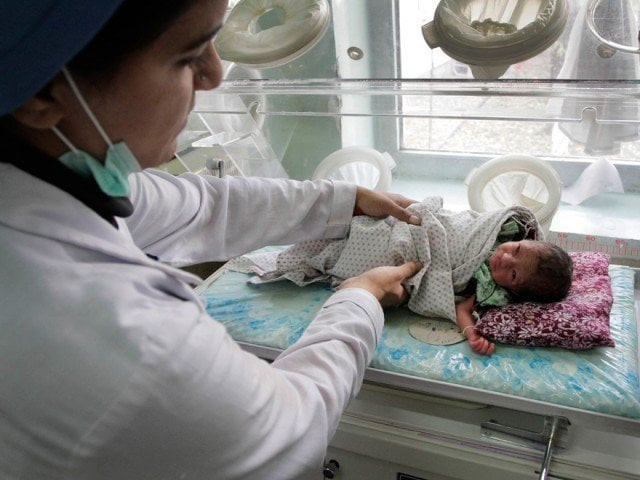Doctors apprehensive of government plans
Consider planned reduction in tobacco taxes to be a disaster

Consider planned reduction in tobacco taxes to be a disaster. PHOTO: EXPRESS/FILE
Pakistan Islamic Medical Association (PIMA) President Dr Abdul Malik in a statement on Wednesday said that the reasons given by Prime Minister’s Special Assistant on Revenue Haroon Akhtar Khan on reducing tobacco taxes were ridiculous.
“He (Khan) pleads that high taxes on cigarettes lead to their smuggling, which in turn costs billions to the exchequer. If such a cause-and-effect-relationship is true and logical, the government should bring heroin, hashish and other menaces into the open market as a commercial commodity, and earn income through taxes,” Dr Malik argued.
The PIMA chief argued that those in government concerned with increasing revenue by taxes should instead pay attention to bringing big fishes into the tax net and bringing the country’s money looted by politicians and establishment back to the country.
“Government should be ashamed that it is increasing the prices of basic commodities such as bread, fruits, milk, petrol, electricity and reducing the prices of unnecessary and dangerous items such as tobacco,” Dr Malik lamented.
He pointed out that Pakistan has one of the largest populations of tobacco users in the world, with over 22 million adults smoking tobacco products such as cigarettes, huqqa or biri while millions more were using smokeless tobacco products such as gutka, naswar, and paan. A third (32.4 per cent) of men and 5.7 per cent of women smoke tobacco.
Over 100,000 deaths are attributed to tobacco use each year from lung and oral cancers, strokes, heart and respiratory diseases.
Research shows that an increase in tobacco prices leads to a decrease in the number of smokers in a given community and is among one of the most effective strategies to curb tobacco use. However, the government seems to be doing exactly the opposite: make it easier to buy the cigarette, Dr Malik said.
The PIMA president pointed to studies on tobacco taxation in Pakistan - conducted jointly by FBR, World Bank, University of Toronto, Johns Hopkins University, University of Illinois - concluded that a uniform specific excise tax of Rs31.2 per pack of 20 cigarettes, could reduce overall cigarette consumption by 7.5 per cent while increasing tax revenues by Rs27.2 billion in addition to leading over half a million users to quit smoking. In turn, this reduces the risk of premature deaths among current adult smokers by over 180,000, while also preventing 725,000 youth from taking up smoking.
Published in The Express Tribune, May 25th, 2017.



















COMMENTS
Comments are moderated and generally will be posted if they are on-topic and not abusive.
For more information, please see our Comments FAQ